As the world watches and wonders who will succeed Pope Francis, the question of who might become the next spiritual leader of the Roman Catholic Church sparks global intrigue. With Pope Francis aging and experiencing recurring health issues, speculation intensifies behind the closed doors of the Vatican. Yet, just as Francis’s own election in 2013 caught many off guard, this next conclave remains unpredictable.
The College of Cardinals, the body responsible for electing the next pope, is more diverse than ever, thanks largely to Francis’s appointments over the past decade. His choices expanded the geographic and ideological spread of the Church’s leadership, complicating predictions and challenging traditional factions.
Still, Vatican watchers and insiders have highlighted several frontrunners—men who represent not only different continents but also distinct visions for the Church’s future. Let’s explore the most prominent papabili (potential popes) and what their selection might signal for the 1.3 billion Catholics worldwide.
1. Cardinal Pierbattista Pizzaballa: A Voice from the Middle East
Age: 60
Origin: Italy
Current Role: Latin Patriarch of Jerusalem
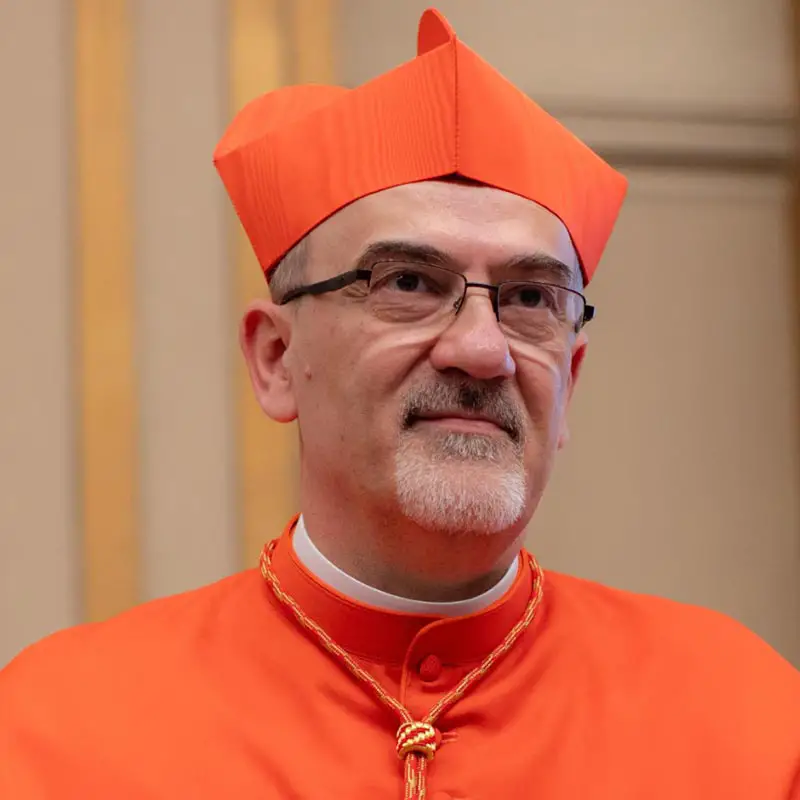
Cardinal Pizzaballa is no ordinary Italian candidate. Despite his nationality, he’s seen as an international figure due to his decades of service in the Holy Land. His deep engagement in one of the most conflict-ridden regions on Earth gives him credibility in matters of diplomacy and interfaith dialogue.
His distance from the inner workings of Vatican politics may work in his favor, especially among cardinals seeking a fresh, globally relevant perspective. Although he only became a cardinal in 2023, his rapid ascent and low-profile approach to doctrinal issues could make him an appealing compromise candidate.
What his papacy could mean: A focus on diplomacy, neutrality in Church politics, and continued emphasis on interreligious peacebuilding.
2. Cardinal Pietro Parolin: The Diplomatic Insider
Age: 70
Origin: Italy
Current Role: Vatican Secretary of State
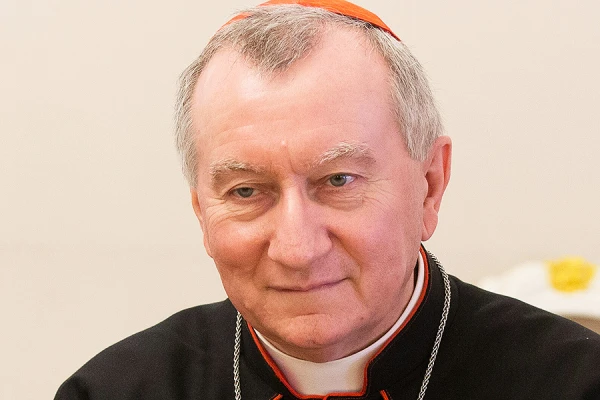
Cardinal Parolin is Francis’s right-hand man and the architect of the Holy See’s foreign policy for over a decade. Fluent in multiple languages and experienced in high-stakes negotiations—from the Israeli-Palestinian conflict to the Vatican’s controversial outreach to China—Parolin is a quintessential Vatican insider.
His deep knowledge of the Roman Curia and strong ties within the Church make him a safe, stabilizing choice for those wary of radical shifts.
What his papacy could mean: Institutional continuity, enhanced diplomatic engagement, and careful balancing between tradition and modernity.
3. Cardinal Fridolin Ambongo: The African Option
Age: 65
Origin: Democratic Republic of Congo
Current Role: Archbishop of Kinshasa
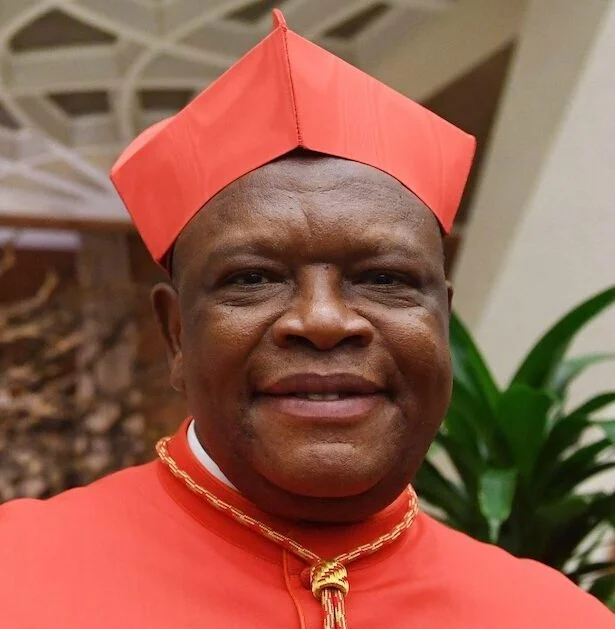
Cardinal Ambongo embodies Francis’s call for the Church to “go to the peripheries.” Africa is home to a rapidly growing Catholic population and the largest number of seminarians in the world. Choosing an African pope would reflect this demographic shift and could represent a historic break from Eurocentrism.
However, Ambongo’s conservative stance on social issues—including his opposition to Francis’s 2023 decision to allow blessings for same-sex couples—may alienate liberal cardinals.
What his papacy could mean: Strong emphasis on traditional values, pastoral care for the global South, and possibly a more conservative shift in Church doctrine.
4. Cardinal Luis Antonio Tagle: The “Asian Francis”
Age: 67
Origin: Philippines
Current Role: Pro-prefect of the Dicastery for Evangelization
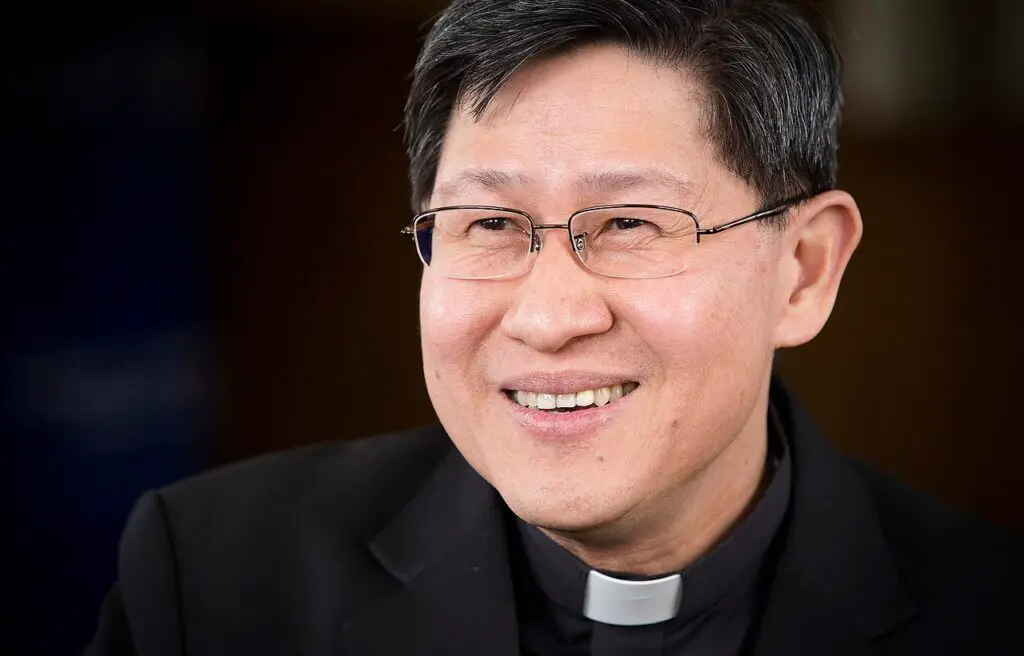
Charismatic and deeply pastoral, Cardinal Tagle is beloved across Asia and by many progressives within the Church. His nickname, “Chito,” reflects his accessible and warm personality. Tagle has worked closely with Francis and shares his passion for marginalized communities.
He was a top contender in the 2013 conclave but was considered too young at the time. Today, he is seen as a strong candidate to continue Francis’s reformist legacy while giving the Church a stronger presence in Asia.
What his papacy could mean: A progressive continuation, stronger focus on global South issues, and emphasis on pastoral compassion.
5. Cardinal Matteo Zuppi: The Italian Progressive
Age: 69
Origin: Italy
Current Role: Archbishop of Bologna; Papal Envoy for Ukraine
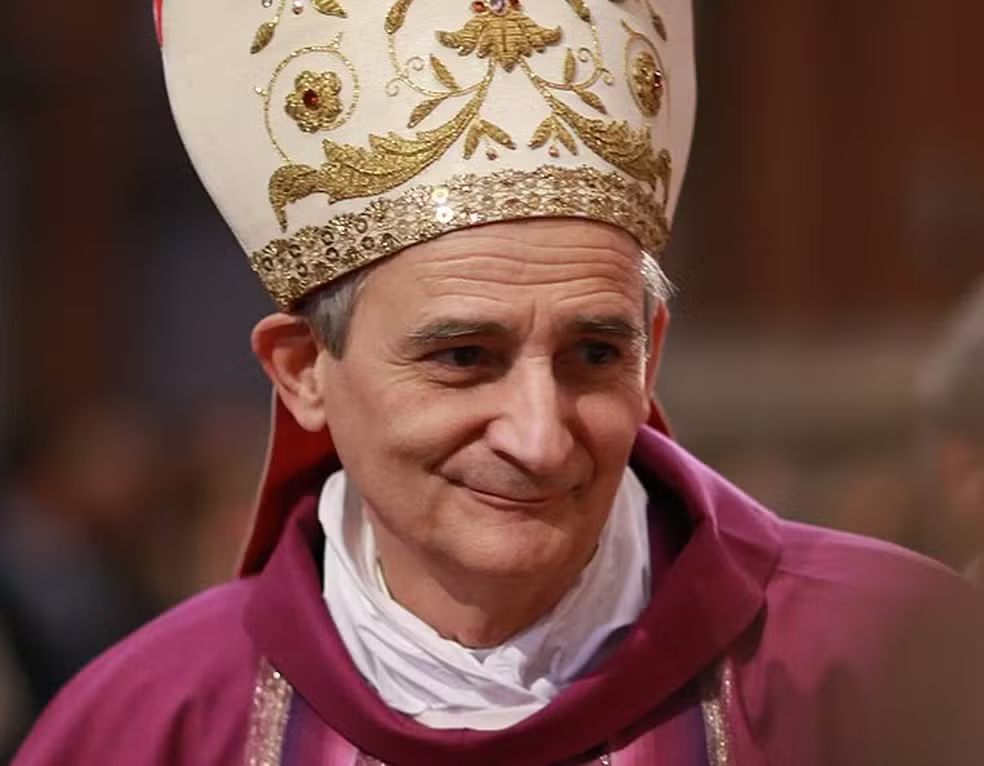
Known as “Don Matteo,” Cardinal Zuppi is closely aligned with Francis’s social mission and pastoral style. His ties to the influential Sant’Egidio Community—renowned for peacebuilding and aid to the poor—make him a compelling figure for those desiring a socially engaged papacy.
He has openly supported welcoming migrants and has also shown pastoral sensitivity toward LGBTQ Catholics. His involvement in delicate missions, such as peace negotiations related to Ukraine, underscores his diplomatic credibility.
What his papacy could mean: An Italian pope with a global heart—deep commitment to peace, inclusivity, and social justice.
6. Cardinal Peter Erdo: The Conservative Theologian
Age: 72
Origin: Hungary
Current Role: Archbishop of Esztergom-Budapest
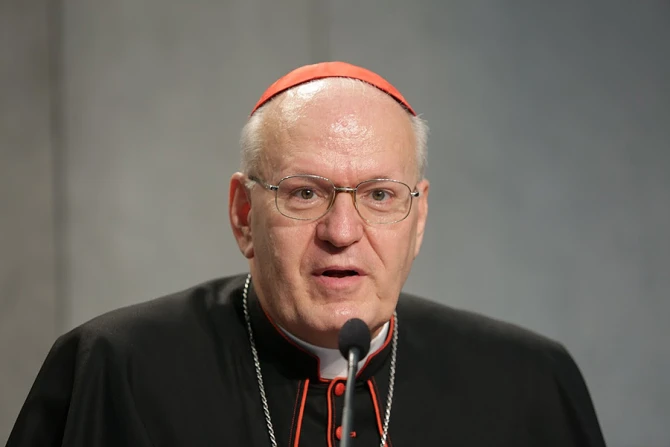
A respected canon law expert, Cardinal Erdo is the preferred candidate of traditionalists hoping to see a rollback of some Francis-era reforms. Fluent in six languages and a veteran Church diplomat, Erdo is widely respected, especially in Eastern Europe and Latin America.
He has consistently opposed liberal shifts in doctrine, such as communion for divorced Catholics or increased migration, and advocates for guarding traditional faith values in an increasingly secular Europe.
What his papacy could mean: A theological return to the conservatism of John Paul II and Benedict XVI.
7. Cardinal Anders Arborelius: The Scandinavian Convert
Age: 75
Origin: Sweden
Current Role: Archbishop of Stockholm
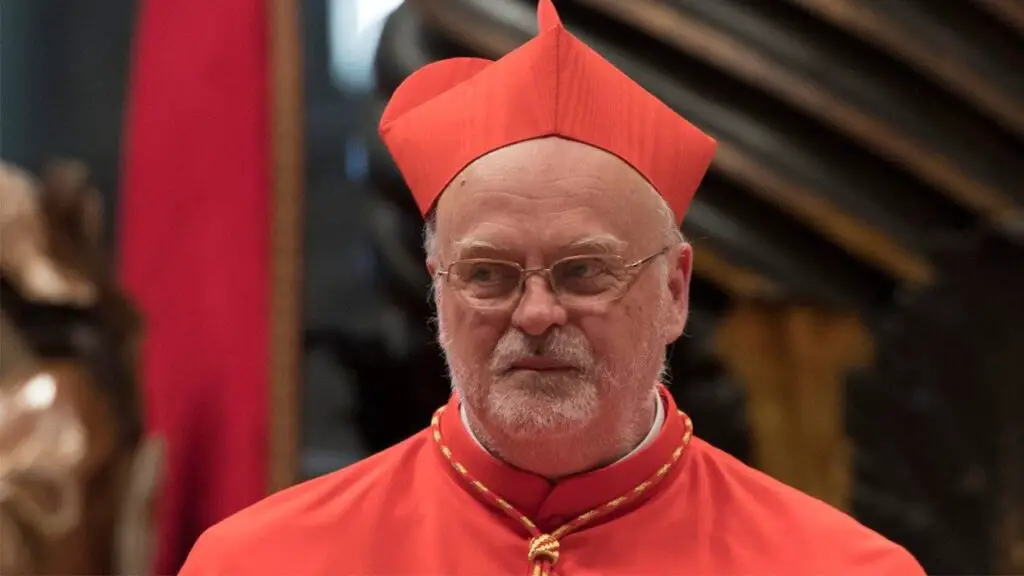
As the first Swedish cardinal in history and a convert from Lutheranism, Arborelius offers a unique perspective shaped by Europe’s secularism. His support for migrants aligns with Francis’s priorities, though he has opposed the blessing of same-sex unions.
His calm demeanor and thoughtful insights on polarization and unity could be appealing at a time when the Church faces increasing division.
What his papacy could mean: A bridge-builder in a fractured world, with a focus on minority Catholic communities and spiritual renewal in secular societies.
The Bigger Picture: What This Election Could Mean for the Future of Catholicism
This conclave isn’t just about selecting a spiritual leader—it’s about choosing the direction of the Catholic Church for decades to come. Will the cardinals double down on Francis’s vision of a more inclusive, socially engaged Church? Or will they shift gears toward a more doctrinally conservative approach?
Three major trends may shape the election:
- Global South vs. European Tradition
The growing number of Catholics in Africa, Asia, and Latin America may push for a pope who reflects their values and concerns. - Pastoral vs. Doctrinal Leadership
Will the next pope prioritize pastoral care and compassion, or reinforce theological orthodoxy? - Diplomatic vs. Reformist Agenda
With rising global conflicts, the role of the Vatican as a diplomatic player could weigh heavily on cardinals’ minds.
Conclusion: No Clear Front-Runner, But Clear Stakes
Unlike previous conclaves, no single candidate has emerged as the definitive favorite. From African traditionalists to Asian progressives and European diplomats, the range of possibilities reflects a Church in transition. Whoever is elected will inherit not just the legacy of Francis, but the immense challenge of leading a diverse, global faith community into an uncertain future.
As the white smoke eventually rises from the Sistine Chapel, the world will be watching—hoping, questioning, and praying for what’s to come.
📲 Follow FlashpointNews for real-time updates on Vatican news, world politics, and global faith trends.
Maybe you also like:
- Possible Signs of Life Detected on Exoplanet K2-18b
- Woolly Mammoths May Roam Again by 2028
- De-Extinction: Hope or Hubris? The Ethics of Bringing Species Back to Life


